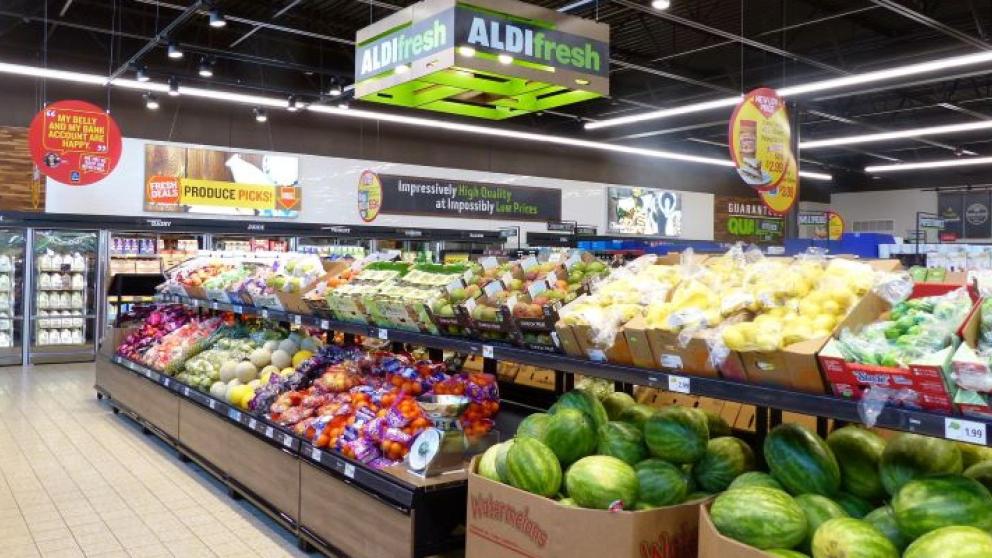Expert opinion: Increase in Covid-19 cases hits supermarket online deliveries

Logistics expert Dr Jonathan Owens, of the University of Salford Business School, comments on the increased demand for supermarket online deliveries as the number of Covid-19 cases rise.
Dr Owens said: "The second wave of increased Covid-19 infections appears to be hitting the UK, with the daily ‘R’ rate consistently reporting similar figures to that of the first wave back in March and rising steadily each week. However, it is the uncertainty that is being created right now through the potential of another national lockdown or circuit breaker to curtail the rise. This is already showing early concerns with the big players in online food delivery, with many of them seeing noticeable rise in demand for this service. Many of the big players are in a better position this time round as they have hired extra resources to cope with the first wave. For example, one of the big supermarkets permanently employed 16,000 extra staff that helped them cope with the first wave and this is not an isolated case.
"Since the first wave most food retailers have managed to recover their stock positions on most core items. However, this has not been easy, because they have also had to deal with new trading constraints that the first wave left them with, as well as new in-store operations and process, lots of extra staff to cope with online delivery and many more customer channels.
"Already the second wave is creating a surge in demand and new spike because of the behaviours of panicked customers. We have been here before, so it is just a case of building up enough stock in the right product lines, as well as securing extra supply capacity to cope with sales spikes - isn’t it? Unfortunately, the majority of stores do not have enough capacity (front or back of shop) to store excess stock to meet regular customer demand. Extra supply chain capacity could mean getting extra shipping containers to increase warehousing, but there is both a global shortage and still an imbalance in the supply chains from the first wave of these.
"What we do not want to see this time round is the customer developing a panicked stockpiling mindset. This needs to be nipped in the bud quickly, otherwise it could be a case of ‘déjà vu’ with supermarkets being enforced to control their supply whilst they attempt to replenish stock from a under pressure supply chain was evident in the first wave. It would seem the warning signs are appearing!"
For all press office enquiries please email communications@salford.ac.uk.
Share:
